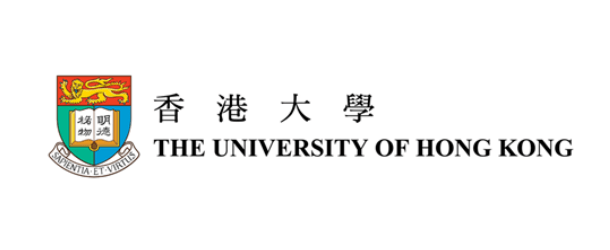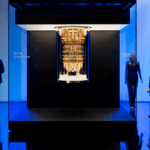New algorithm to measure entanglement entropy

(Phys.org) A research team from the Department of Physics, the University of Hong Kong (HKU) has developed a new algorithm to measure entanglement entropy, advancing the exploration of more comprehensive laws in quantum mechanics, a move closer towards actualisation of application of quantum materials.
materials can only arrive at a quantum state at extremely low temperatures or under exceptional high pressure, when thermal effects can no longer hinder quantum fluctuations that trigger the quantum phase transitions between different quantum states or quantum phases. Experiments testing when and how atoms and subatomic particles of different substances communicate and interact with each other freely through entanglement in a quantum state are therefore prohibitively costly and difficult to execute.
Mr Jiarui Zhao, Dr. Zheng Yan, and Dr. Zi Yang Meng from the Department of Physics, HKU, have taken a step toward resolving the issue through a study of quantum entanglement, which marks the fundamental difference between quantum and classical physics.
The research team developed a new and more efficient quantum algorithm of the Monte Carlo techniques adopted by scientists to measure the Renyi entanglement entropy of objects. With this new tool, they measured the Rényi entanglement entropy at the DQCP and found the scaling behavior of the entropy, i.e., how it changes with the system sizes, sharply contrasts with the description of conventional LGW types of phase transitions.
“This discovery will lead to a more general characterisation of the critical behavior of novel quantum materials, and is a move toward actualisation of application of quantum materials which play a vital role in propelling human advancement.” Dr. Meng Zi Yang said.



















